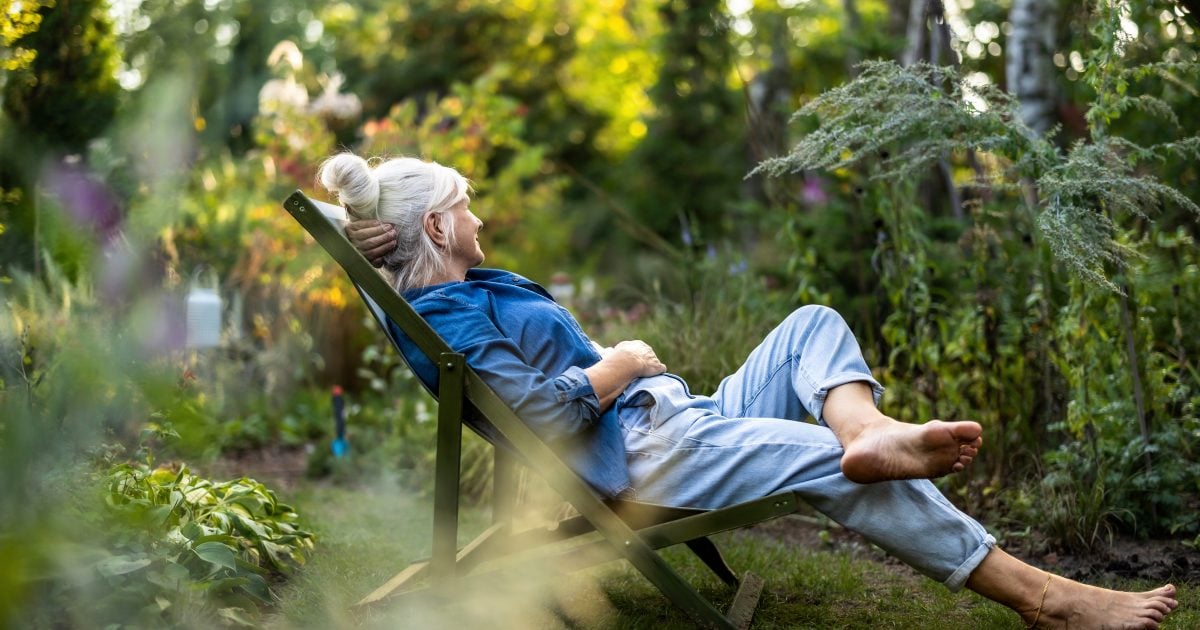Cancer Patients Should Know the Signs of Heat-Related Illness
- When temperatures rise to extreme levels, people with chronic illnesses, older adults, and young children may be at a higher risk of heat-related illness.
- At-risk individuals should be aware of the signs of heat exhaustion and heatstroke.
- In a heatwave, experts advise staying inside as much as possible, drinking more water than normal, and avoiding strenuous outdoor activity.
According to the Centers for Disease Control and Prevention (CDC), individuals with chronic illnesses may be more vulnerable in high temperatures, making it essential to take extra precautions and know how to stay safe when the heat spikes.
Read More
Know the Signs of Heat Stroke & Exhaustion
Heatwaves can be deadly, and if you plan to be outside during one, it’s important to know the signs of heatstroke and heat exhaustion, as well as how to treat both. Certain people are more vulnerable to heat-related illnesses, including people over the age of 65, young children, and people with chronic conditions such as cancer. In extreme heat, be on the lookout for symptoms of heat exhaustion:- Heavy sweating
- Cold, pale, and clammy skin
- Fast, weak pulse
- Nausea or vomiting
- Muscle cramps
- Tiredness or weakness
- Dizziness
- Headache
- Fainting
If experiencing any of these symptoms, the CDC recommends moving into a cool place, loosening clothing, putting damp towels on your body or taking a bath and sipping on water. If symptoms do not subside within an hour or turn worse, seek medical attention.
Symptoms of heatstroke include:
- High body temperature (103°F or higher)
- Hot, red, dry, or damp skin
- Fast, strong pulse
- Headache
- Dizziness
- Nausea
- Confusion
- Losing consciousness
In the case of heat stroke, the person suffering should be moved to a cool place immediately and attempts should be made to lower their body temperature. In these situations, you should call 911 and get medical assistance before trying to give the person suffering any water.
In the Heat, Don’t Wait Until You’re Thirsty
Dehydration is easier when it’s extremely hot out, so experts recommend drinking more water than you normally would.
The best way to prevent heat-related illnesses is to stay inside in air-conditioned rooms. If AC is not available or if you must be outside, limit any strenuous activity and actively try to avoid dehydration — this means drinking more water than normal.
Limit Outdoor Exercise
Many people going through cancer will have to adjust their normal workout routines for one reason or another. But whatever your routine is, a very hot day is not the time to push it.
You may not want to avoid your outdoor exercise altogether, so if you do go out, the Cleveland Clinic recommends making these changes to your workout routine:
- Drink water every 15 minutes during your workout, start before & continue drinking throughout
- Take the intensity down a few notches as extreme heat puts additional stress on the body
- Avoid mid-day by working out before 9 a.m. or after 7 p.m. to avoid the harshest effects of the sun and high heat
Protect Your Skin
Lastly, when the sun is super strong in the middle of summer (and even when it doesn’t seem so strong), sunscreen is your friend.
Sunscreen is the simplest way to protect your body from skin cancer and it cut can the risk significantly. To get proper sun protection, make sure you:
- Are using a product with at least SPF 30
- Use board spectrum sunscreen, which protects against both UVB and UVA rays
- Bring a hat and sunglasses if you plan to spend significant time in the sun
- Remember to reapply sunscreen every two hours
Dr. Cecilia Larocca explains the importance of choosing the right sunscreen & remembering to reapply.
Learn more about SurvivorNet's rigorous medical review process.


